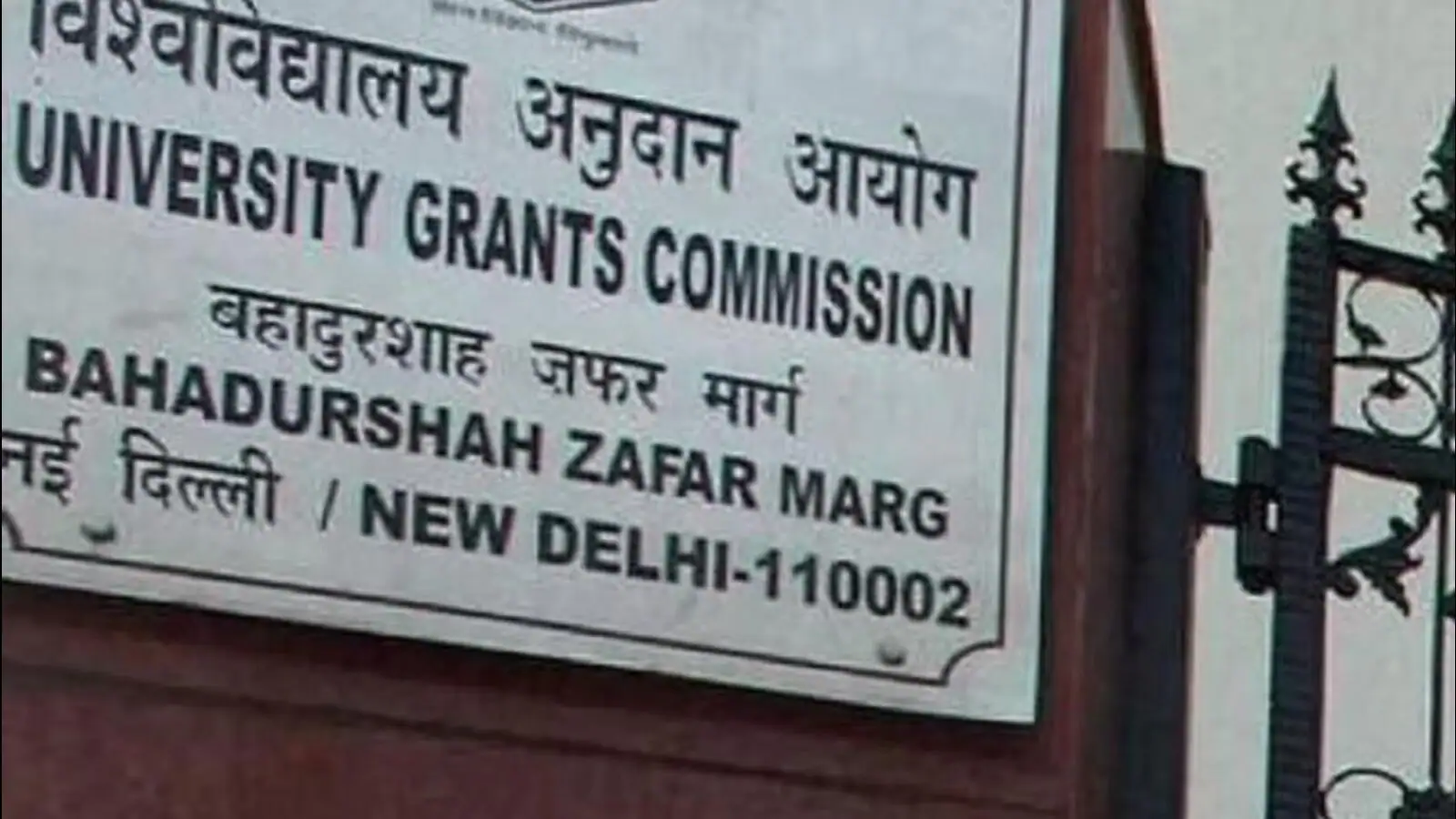[ad_1]
NEW DELHI: The University Grants Commission (UGC) in its latest recommendation has proposed that all higher education institutions must offer a compulsory course in community engagement for all undergraduate and postgraduate students so that they get to understand rural culture, lifestyles, and causes for distress and poverty faced by vulnerable households.
The recommendation is part of the UGC’s revised draft guidelines titled for ‘Fostering social responsibility and community engagement in higher education institutions (HEIs) in India’ issued last week. The draft guidelines have been issued as a part of the implementation of the National Education Policy (NEP) 2020.
“It is recommended that each HEI conducts a compulsory course to provide community engagement to all undergraduate and postgraduate students so that their appreciation of rural field realities is holistic, respectful and inspiring,” the guidelines recommended.
The draft guidelines stated that while various schemes and programmes of community service have been undertaken by HEIs, there is no singular provision of a well-designed compulsory community engagement course that provides opportunities for immersion in rural realities.
“Such a course will enable students to learn about challenges faced by vulnerable households and develop the understanding of local wisdom and lifestyles in a respectful manner,” the guidelines mentioned.
According to the draft, this may be a two-credit course for a duration of 30 hours, with at least 50% being field work. “After completing this two-credit course, postgraduate students can undertake a field project for additional two credits on any one topic appropriate to their regional community context,” it added.
The draft guidelines stated that after completing this course, students should develop a sense of empathy and bonds of mutuality with the local community. “The students will be able to gain an understanding of rural life, Indian culture, and ethos and social realities, identify opportunities for contributing to the community’s socio-economic improvements,” it said.
Among the field assignments suggested in the guidelines are interaction with women members of self-help groups (SHGs), visit MGNREGS project sites, visit Swachh Bharat project sites, visit rural schools/ mid-day meal centers, participate in gram sabha (village council) meetings, visit to local nagarpalika (municipal) office and anganwadi (child care) centers, among others.
The proposed guidelines further suggested incorporating community engagements in all other existing courses in HEIs to enable students relate what they study in the classroom with field realities. “For instance, a management curriculum may include aspects of micro-financing in rural context; chemistry syllabus can have a component of conducting water and soil analysis in surrounding field areas; political science syllabus could include mapping of local rural governance institutions and their functioning,” the draft guidelines said.
It further recommended incorporating experiences of people amid the Covid-19 pandemic in the content of existing courses. Besides, the HIEs have been recommended to design and introduce new courses at undergraduate and postgraduate levels which foster social responsibility and enable community engagement. “For instance, new courses for engineering students may be designed, focusing exclusively on water harvesting, storage, security and distribution; management programmes may design a new course on logistic and business planning for sustainable 24×7 water supplies to rural habitations, etc.”
The proposed guidelines have been prepared by an 11-member committee chaired by KK Agarwal, chairperson of the National Board of Accreditation. The higher education regulator has sought public feedback on the proposed guidelines by March 15.
[ad_2]
Source link

